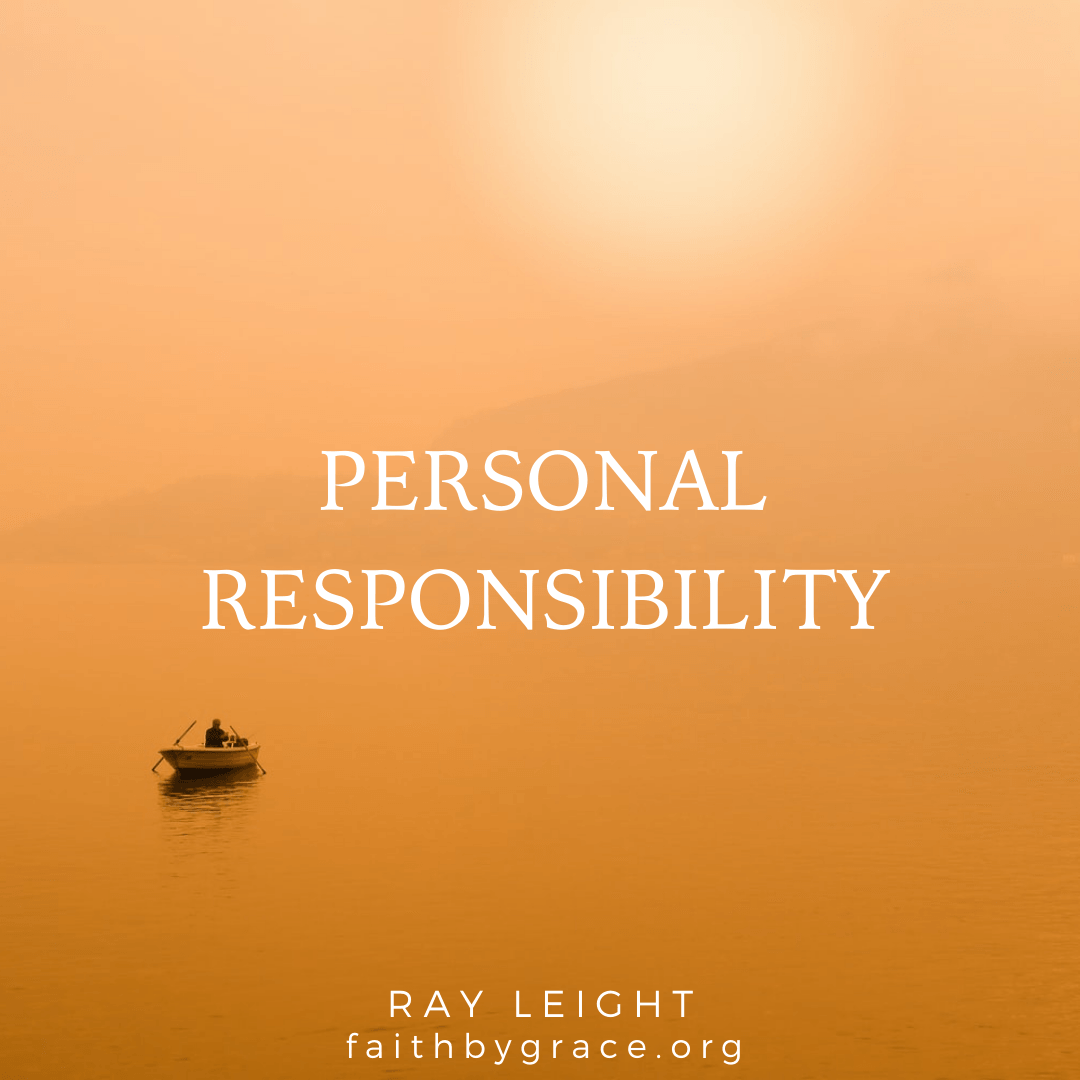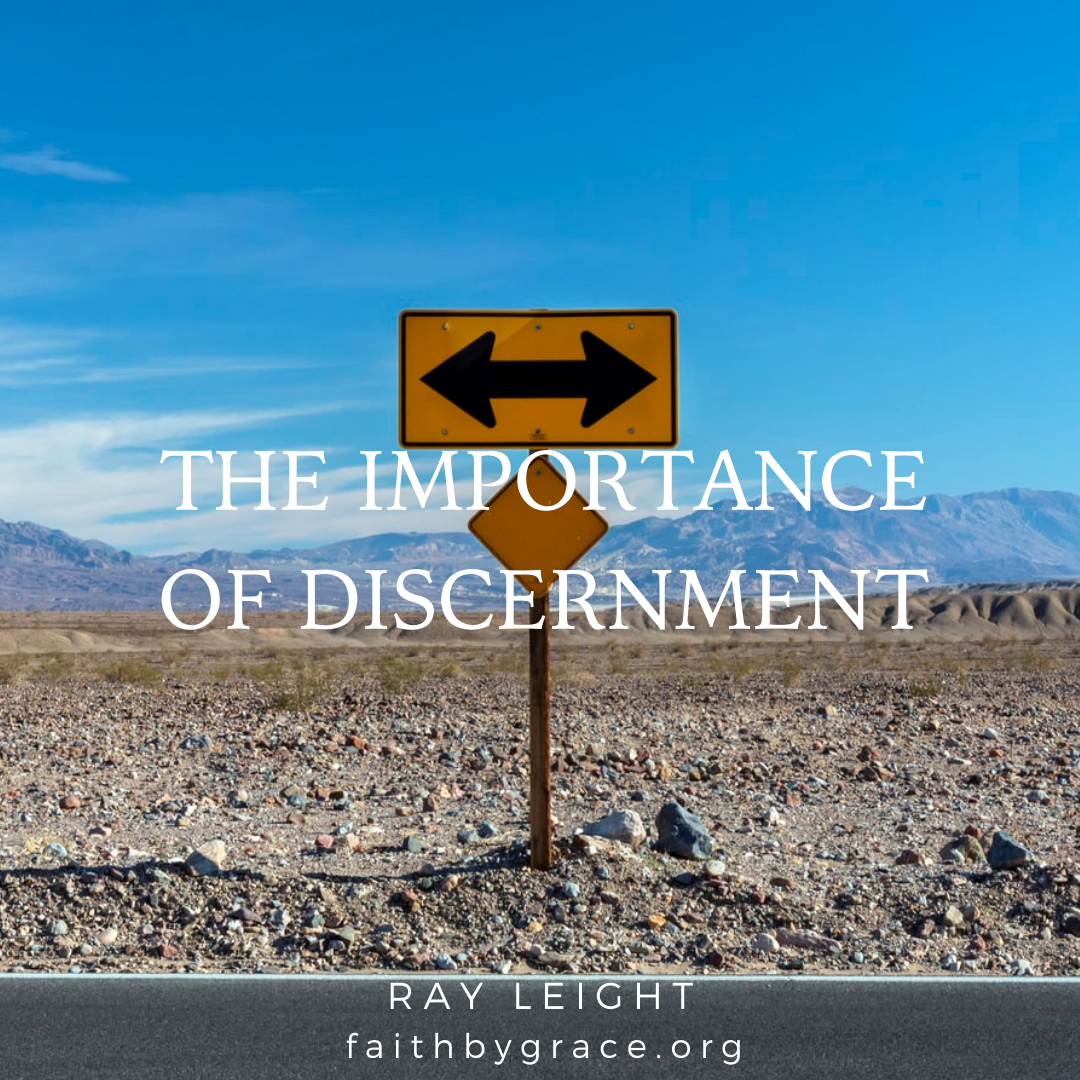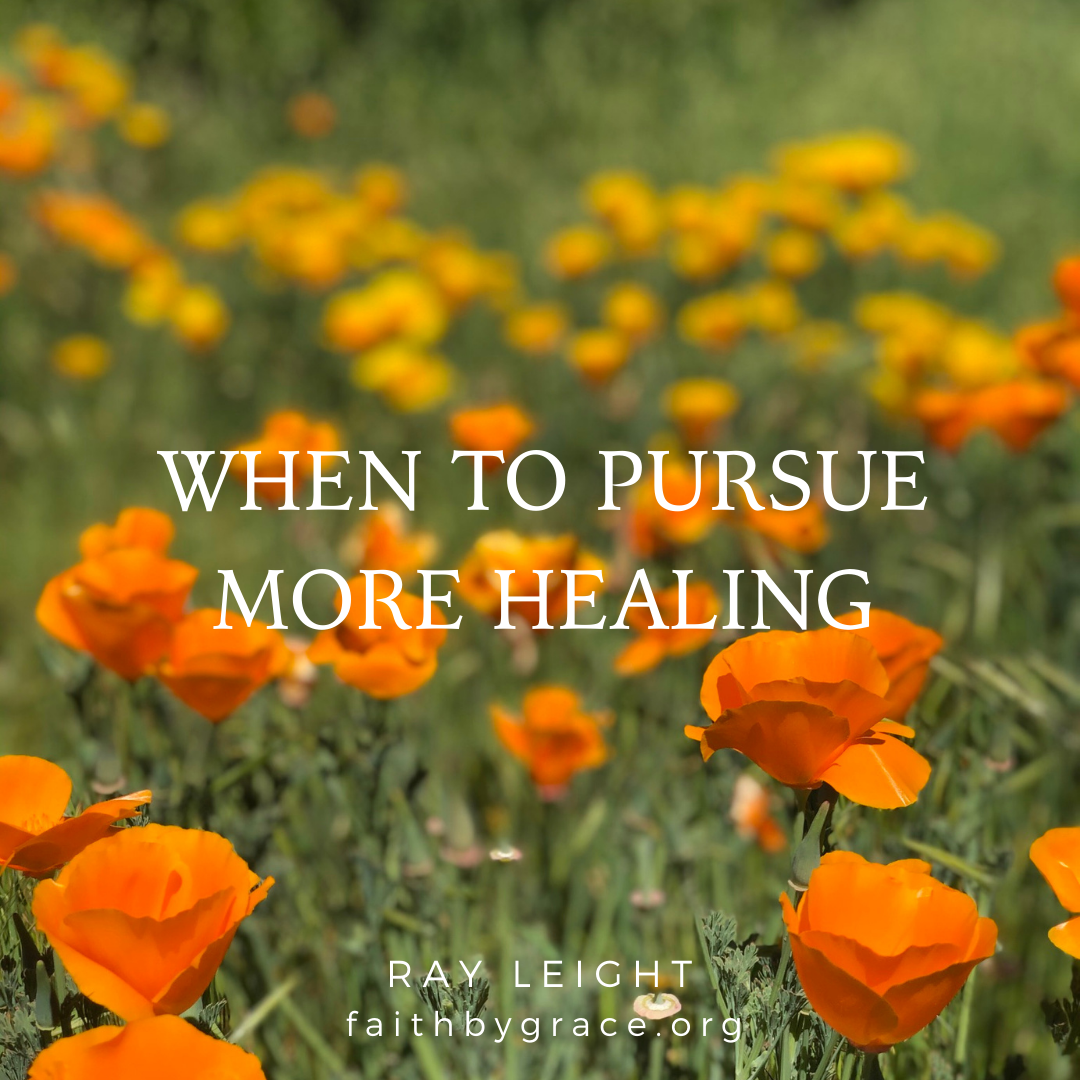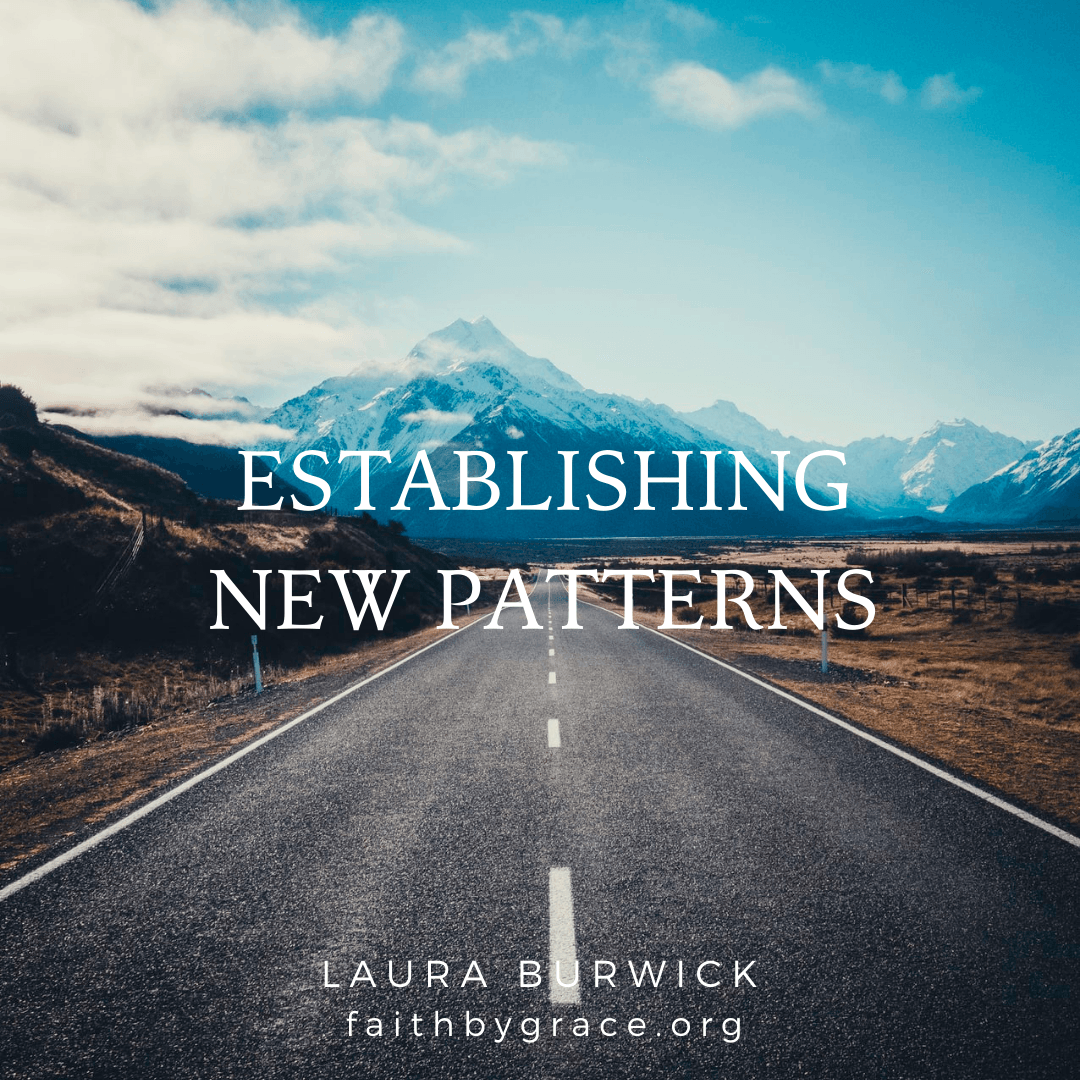The Loneliness of Loss
Have you ever felt completely alone in the middle of your grief?
Loss can be a very lonely place. It doesn’t matter who you’re with, where you are, or how much you are being cared for. The feeling of loneliness can completely overtake you during the grieving process and affect you in ways that do not appear to fit the situation.
I remember shortly after we lost our home in the fire, when we were staying in a hotel, I began to feel isolated and alone. It didn’t make sense at all. Hundreds of people had reached out to us. I was regularly receiving phone calls, texts, and messages on social media. Our needs were covered, we were together as a family, and we were all safe. Right in the middle of all this, I felt completely alone.
It is important to realize that even if you experienced your loss with others, you can find yourself feeling completely alone. It can feel like no one else understands or knows what you are going through. As much as people may try to connect and relate to you, it can prove difficult. This is a sad and scary place to be.
It is not uncommon for people in the grieving process to experience this. If you have been feeling like this, it’s OK. You are not alone, and you are not the only one who has felt this way. I think it is helpful for you to know that this loneliness may not make rational sense, and it doesn’t have to last forever. The shifts and changes are one of the aspects of grieving. As we looked at in my blog, The Emotional Roller Coaster Ride of Grief , the emotions and experiences continue to change throughout the process.
It is true that no one else has ever had your exact set of life experiences and losses. There are so many relational dynamics and variations in each of our lives. There is no one person who can perfectly relate to us and our loss. That is why it is so crucial to allow God to meet us in that place of loneliness. He is the only one who fully knows and understands our loss.
He was
despised and rejected by men, a man of sorrows and acquainted with grief; and
as one from whom men hide their faces He was despised, and we esteemed Him not.
Surely He has borne our griefs and carried our sorrows; yet we esteemed Him
stricken, smitten by God, and afflicted. But He was pierced for our
transgressions; He was crushed for our iniquities; upon Him was the chastisement
that brought us peace, and with His wounds we are healed. -
Isaiah
53:3-5
ESV
The Lord says He is acquainted with and has borne
our griefs. He is the one who can carry
our sorrows and bring us peace. Let’s
look at the definitions of “acquainted” and “borne” and then examine the
Scripture in light of these definitions.
Acquainted – the Hebrew word used here is yada` (Strong’s H3045)
It means: to know – to be known – experiential knowledge – to make known – comprehend – be aware of – be acquainted with
Borne – the Hebrew word used here is nasa` (Strong’s H5375)
It means: to lift – bear – burn – accept – carry – forgive – help – raise – receive
An expression of the Scripture including the fullness of these definitions could be:
He was despised and rejected by men, a man of sorrows, and is acquainted with, aware of, has experiential knowledge of, and comprehends our grief; and as one from whom men hide their faces He was despised, and we esteemed Him not. Surely He has received, accepted, forgiven, lifted, and borne our griefs and carried our sorrows; yet we esteemed Him stricken, smitten by God, and afflicted.
The Lord is acquainted with, knows, has experiential knowledge of, and comprehends our grief. He has received, accepted, lifted, and carried away our grief and sorrow. He knows your grief, understands your situation, and can help you with your sorrow.
The Lord is the only one who can truly relate to us and help us in our loneliness. If we allow ourselves to be present in the loneliness of loss and connect with the Lord in our thoughts and emotions, we can begin to move toward the peace and healing that is available in Him.
I don’t think anybody enjoys feeling lonely. It is understandable that you may want to distract yourself from the loneliness you are experiencing or deny it in some way. Unfortunately, this will not help. Denying your feelings, distracting from the loneliness, and pretending like everything is OK can inadvertently establish a foundational lie that you are alone. This lie can cause you to isolate yourself and secretly live a life of sadness and loneliness regardless of what is happening and who you are with. This foundational loneliness can slowly steal the remaining relationships and abundance of life you have after the loss you just experienced.
As miserable as it is to experience the loneliness and sorrow, it is important to let yourself be present in it and let your heart work out the loss. This will help you connect with the true value of your loss, process the actual loss, and learn how to live in your new reality. Yes, this sucks! There is nothing fun about facing the emotional anguish of no longer having what you once had. Remember, it will never make sense. You may never understand why this happened, and why it can’t just be the same as it was. Allowing yourself to face what happened, and what is happening with you now, will help you return to a sense of peace in your new normal. If you find yourself stuck in a loop of isolation, depression, or loneliness, I recommend pursuing help outside of yourself. It is OK to need help.
Thank you for going on this journey with me. We will continue to explore aspects of grief and what it looks like to stay present and process your thoughts and emotions, as I develop the Finding A New Normal resource.
Blessings,
Ray
Sign Up for Finding a New Normal Resources












